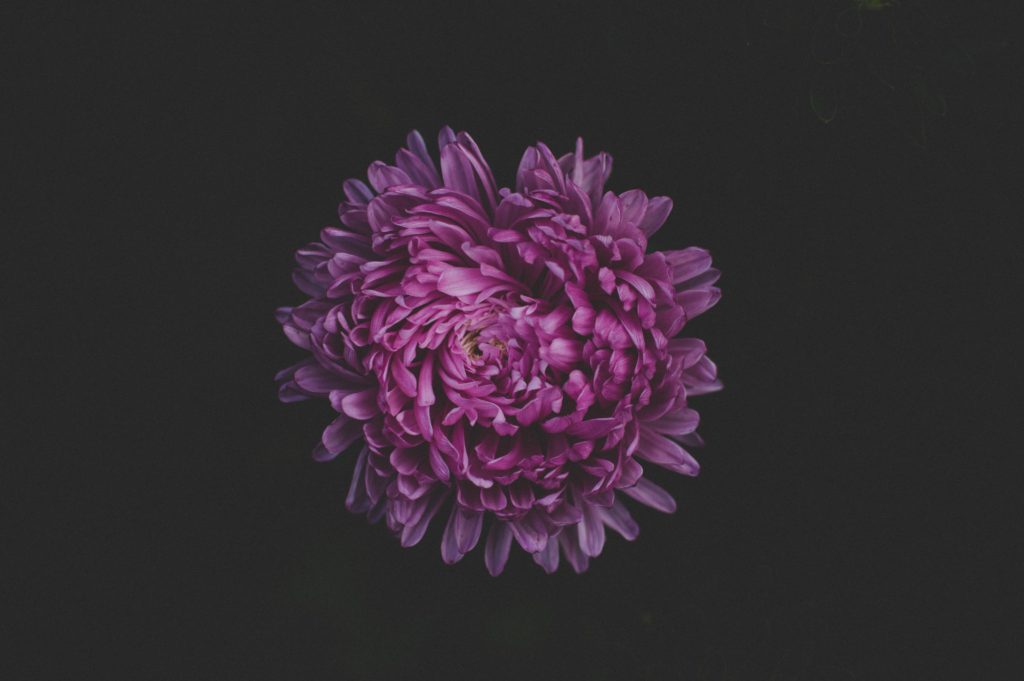
“What you see is not the real world,” she told me through a cough or perhaps some excess smoke caught in her lungs. A pile of abused cigarettes heaped by her clean, white chimney steamed slow pillars of grey air. The choke invalidated what she was trying to say, leaving me with a sense of knowing better than she, of understanding more in my sixteen-year-old mind than this woman who, from the spidery lines around her eyes and mouth (which are clearer to me now than they were then) must have seen the world six times over while I had packed for summer school last year.
Her voice was harsh, gruff, the antithesis of my imagination when at first I had heard the name Clarissa Chiaravalle, and the anticipation of all that accompanied it—Italian woman, Italian mother, Italian host mother. I was in my sun-filled bedroom, the morning rays bouncing in clusters on the floor, and the familiar song of robins jingling through my open window when we made our first correspondence. She had emailed me. The words, “I am going to be your Italian host mother” gripped my heart and filled its inexperienced walls with pictures of steaming food, hymns echoing from the kitchen, warm and tender embraces, a gentle voice.
“No,” I thought after she had spoken, “this is not the world.” I argued internally, defending the hope and unconditional joy I had heard of all my life. It is easy to defend something when it is all you’ve known, when its presence defines your existence, and its absence…well, that’s forbidden territory. Clarissa continued her lecture. “I need talk with you about this, because I worry. For you I worry. One day, you will see what the world is, and you must be prepare.”
I left school the next morning in my usual hurry, treading so fast that I felt the burn of tearing fibers in my calves. It happened this way every day, yet I did not know why I hurried. Something about catching the first metro so I didn’t have to wait another ten minutes; something about getting out of the crowd as fast as possible, and back into quiet; something about the ugliness of the street art, the disappointment I was still trying to get over; but even more so, there was something about the surrounding haze of broken smiles, broken people, and broken lives that strapped rockets to my soles and sped me toward the sanctuary of my room. I steered skillfully through the labyrinth of pedestrians, almost displaying talent with it, proving to any observer that it was my daily routine. It takes repetition and practice to be proficient at something. It takes your heart and soul to be excellent. Like blocking the world because it doesn’t fit your picture of ideal, or even worse, covering it with a romantic filter and denying reality altogether. It was repetition and practice that brought me to both of these, and with my heart and soul I sped; I filtered; and I nearly tripped over the scraggily wrapped legs of a homeless woman on the way. “Mi scusi!” I said glancing down at her covered face. Her garments were all black. They looked like layered rags, or scraps of tarp that an indolent landowner would use to cover up junk in the backyard.
There was one homeless man in my hometown. Everyone knew him. Everyone felt sorry for him at a distance. He would walk the same routes over and over, occupy the same street corners, glare at every passing car with the same helpless expression. His beard should have been white, but it was tainted yellow. “It’s from the alcohol,” they would say. “Homeless people are always addicted to alcohol. Or drugs. You can never trust them with your money.” Perhaps it was alcohol, or perhaps it was the dirt he was forced to lie in every night without a shower to wash it clean. Perhaps it was the wind, the cold that distorted the natural silken strands, leaving them twisted, tangled, discolored. I don’t know.
In one quick moment of compassion, of empathy for this sweet, old, and helpless woman, I changed directions. Running into a nearby market I bought the woman what I believed would bring joy to her situation, grow a smile on her hidden face, and lighten her world with beauty as it always did mine. A bright pink chrysanthemum in a pot. I set it down beside her with a smile which quickly left me when she said in bumbling Italian, “What the hell am I going to do with that?” I stepped back. Appreciate it. I thought. Notice the beauty that is all around you, kindness, joy, love. I left speechless, thoughtless, shaken. Changed. Suddenly my pace slackened. The haze evaporated into a revelation of pain-filled souls all around me, each one so replete with the agony of life that no one could see the beauty in my chrysanthemum.
Pain is a seething sensation of loss, betrayal, rejection, hopelessness; sometimes described as a steel, grapefruit-sized tumor trapped inside the chest cavity. The husband screams; knives ripping, tearing the vulnerable tissue of the soul. She sleeps alone. On the bottom bunk in her son’s double-decked bed. He takes the master room. Slowly her books pile up on the boy’s nightstand table, along with her alarm, the jewelry box, and framed smiles from many years ago. Her son’s soccer trophy stands shyly behind them all. A phone call, broken headlights, busted glass, a paralyzed father. The ensuing daily visits, and monthly payments to an over-priced caregiver. This is what Clarissa endured while I was packing for summer school in my sun-lit, bird-singing, sweet-scented bedroom. Looking back, I can only imagine what trenches of horror my homeless friend must have traversed throughout her life. And all the while, I was falling in love with chrysanthemums.
February 25, 2019
